Mises and Marx Missed the Mark, and So Did Mussolini
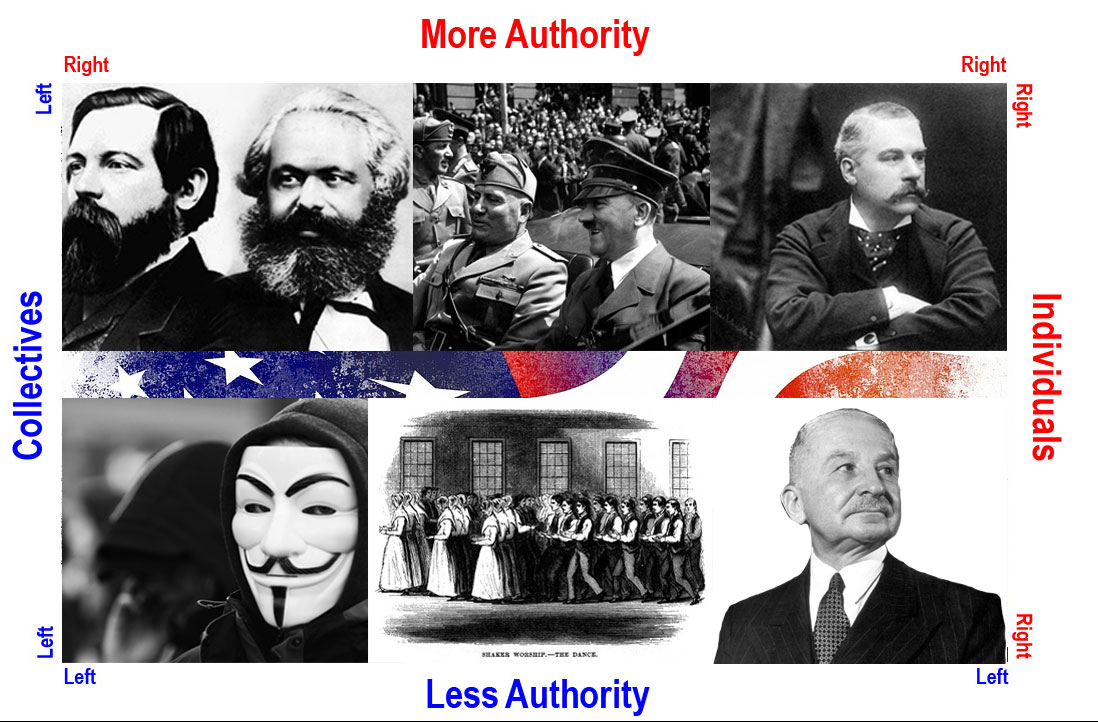
Marx and Mussolini called for extreme evolutions of socialism, Mises called for an absolutist return to individualist liberalism, but all miss the mark.
A philosopher is a person who studies philosophy using logic and reason.

Marx and Mussolini called for extreme evolutions of socialism, Mises called for an absolutist return to individualist liberalism, but all miss the mark.

Criminal virtue is a concept eluded to in Machiavelli’s the Prince. It describes calculated “criminal acts” that can help one get ahead in politics.
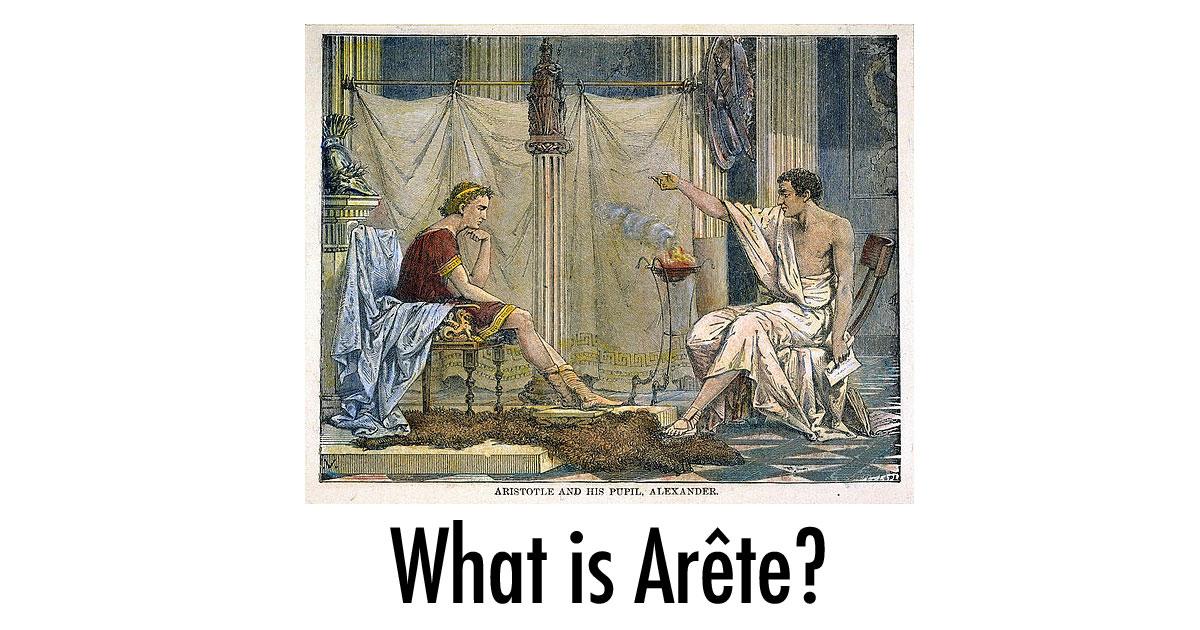
Socrates was Plato’s teacher, Aristotle learned at Plato’s Academy, and Aristotle was the well-paid tutor of Alexander the Great.

In his Republic, Plato examines how Democracy can lead to Tyranny in a republic. We explain Plato’s theory as it pertains to democracy and tyranny.
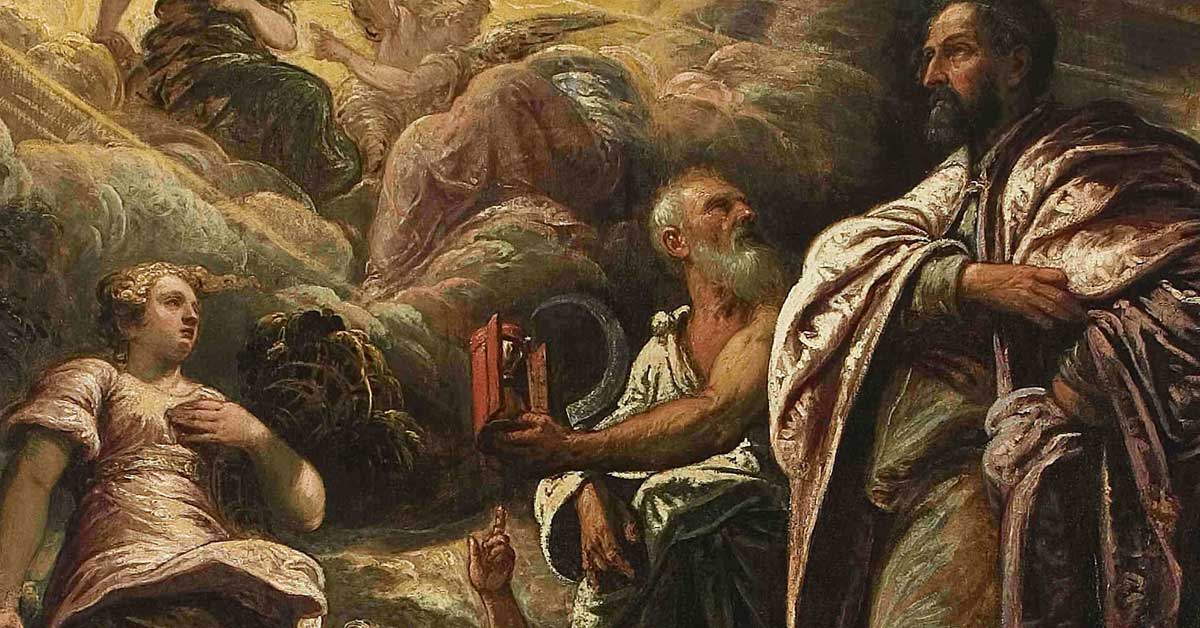
Although we can consider Jeremy Bentham the founder of modern Utilitarianism, and his successor John Stuart Mill the one who popularized it, early Greek philosophers like Aristotle, Aristippus and Epicurus presented the original Utilitarian / Consequentialist / Greatest Happiness theories.
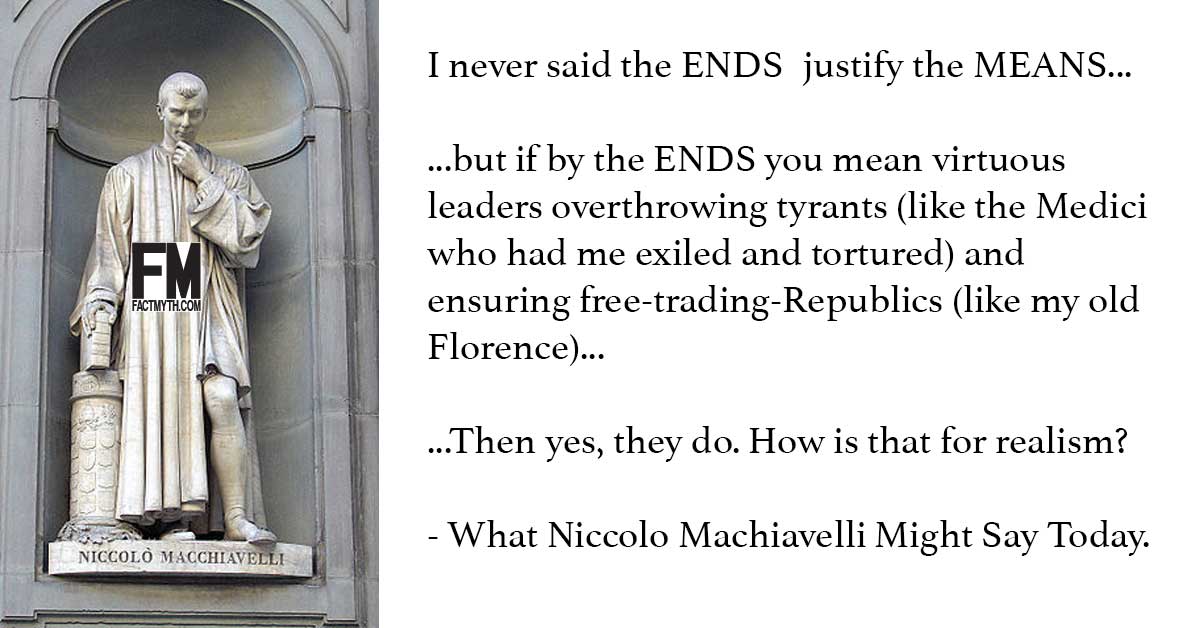
Niccolò Machiavelli never said, “the ends justify the means”, although he did elude to a complex version of the concept in his Prince.

On this page we discuss the concepts of fairness, justice, morality, and ethics as they relate to Utilitarianism.

We present a simple guide to Marx, Marxian class theory, Marx’s theory of history, and Marx’s economic theories to help westerners understand what Marx was all about.

Many past political, economic, and social philosophers were historians. This includes Locke, Hume, Keynes, Hegel, Ciciero, Marx, Mises, Aristotle, Kant, Smith, Plato, Machiavelli, Montesquieu, Engels, Rousseau, Hobbes, etc.
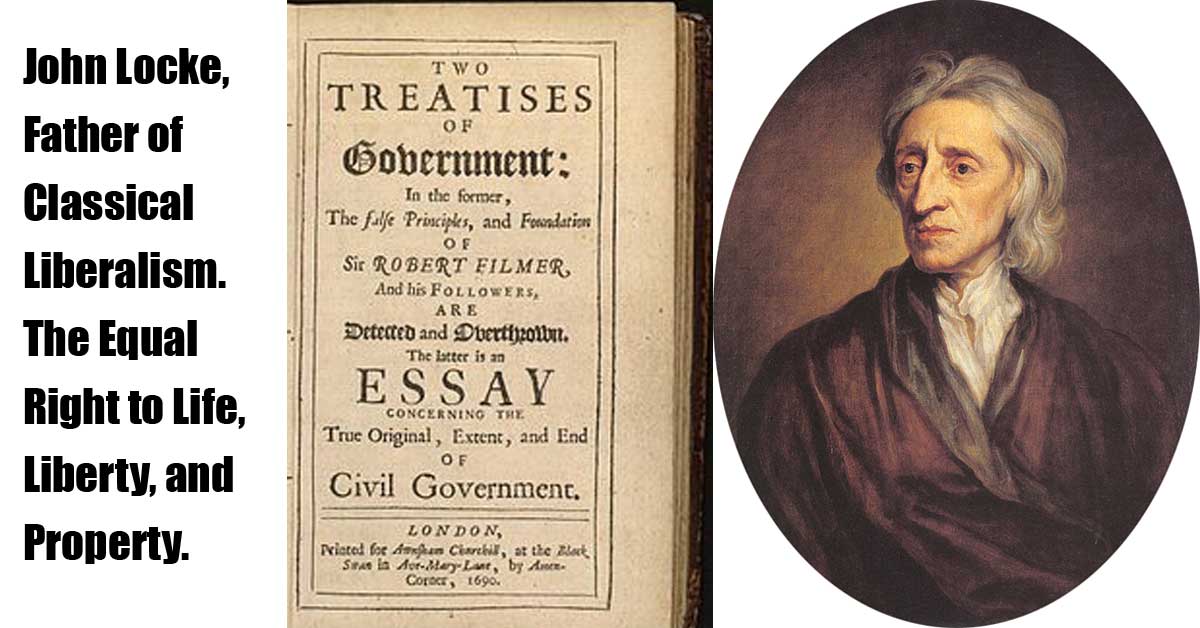
John Locke can be considered the father of liberalism. His theories on life, liberty, property, consent, and the social contract form the foundation of classical liberalism.